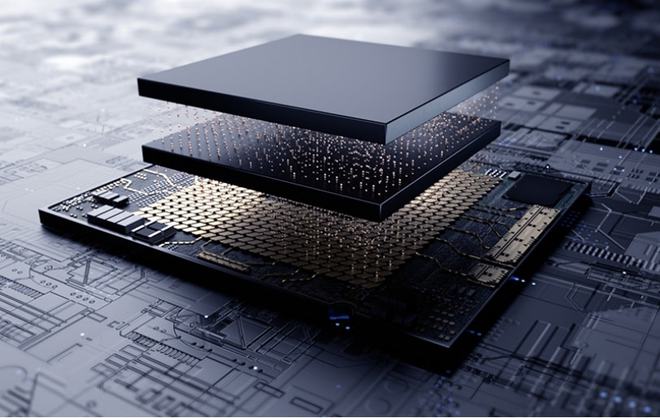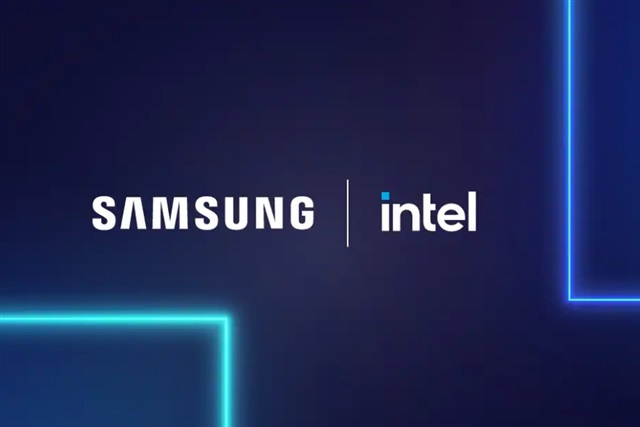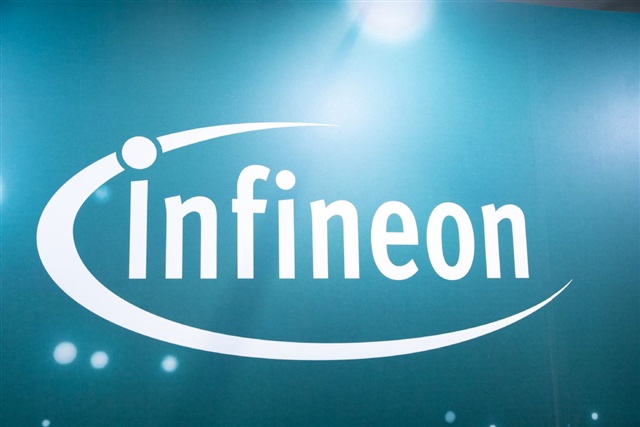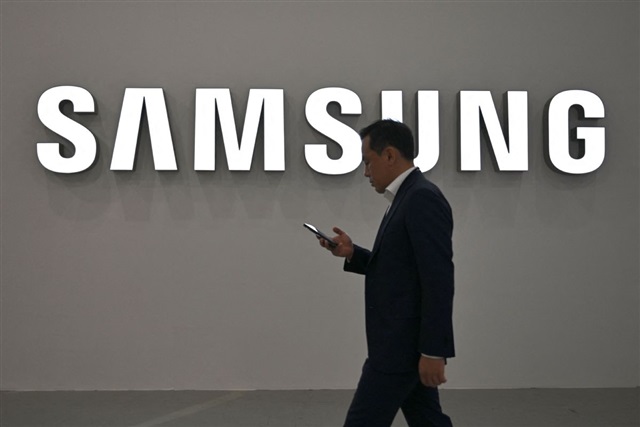
Once confined to gaming arcades, GPUs have transformed into the lifeblood of the AI revolution. Nvidia, the undisputed industry titan, wields what many call the "golden shovel" in the global artificial intelligence gold rush.
As Washington tightens its stranglehold on advanced semiconductor exports, Beijing has declared war on chip dependency. State authorities and tech giants are now orchestrating an unprecedented mobilization to forge a completely homegrown AI chip ecosystem—one that could reshape the global balance of technological power.
State media spotlights local chipmakers
On September 16, 2025, state broadcaster CCTV used its News Simulcast program to spotlight Premier Li Qiang's inspection tour of Gansu and Qinghai. During his visit to the China Unicom Sanjiangyuan Big Data Base and a renewable-powered AI data center in Xining, Li presided over a showcase highlighting the country's domestic AI chipmakers.
The broadcast made no mention of Nvidia. Instead, it underscored that several Chinese processors already outperform the company's A800 GPU designed for China and approach the performance of the H20, reflecting Beijing's intent to promote domestic chips as credible alternatives.
Official data showed the site has agreements covering 1,747 servers with 22,832 accelerators, delivering 3,479 petaflops of capacity. Alibaba Cloud alone has installed 1,024 servers with 16,384 T-Head Semiconductor chips, providing 1,945 petaflops.
The Chinese Academy of Sciences deployed 512 servers equipped with 4,096 MetaX chips (984 petaflops). Beijing Jingyi Automation added 83 servers with 1,328 Biren accelerators (450 petaflops), while Zhonghao Xinying supplied 128 servers delivering 200 petaflops. Upcoming expansions from Tecorigin, Enflame, and Moore Threads are projected to add a further 2,002 petaflops.
In an unusual disclosure, CCTV released side-by-side specifications. Alibaba's T-Head PPU features 96GB of HBM2e memory, 700GB/s bandwidth, and 400W power draw, surpassing Nvidia's A800 and approaching the H20. Biren's 104P comes with 32GB of HBM2e, 256GB/s bandwidth, and 300W consumption. The comparisons reinforced Beijing's message that local firms are prepared to challenge Nvidia's technological dominance.
Policy signals: breaking through bottlenecks
Beijing's political support is deepening in step with industry mobilization. Speaking at the Cybersecurity Technology Summit Forum during the 2025 Cybersecurity Week in Kunming on September 15, 2024, Yang Jianwen, deputy director of the Cyberspace Administration of China, said the nation's cybersecurity priorities are shifting from compliance-driven to risk-driven, making self-sufficiency in core technologies a pressing need.
Yang called on leading firms to shoulder responsibility for breaking through "chokepoint" technologies, pool resources to develop indigenous chips, and partner with universities and research institutes to strengthen the ecosystem. Participants included Huawei, Baidu, China Unicom, SenseTime, Iflytek, XPeng Motors, and 10 other major players, signaling that the policy directive is resonating across China's AI supply chain.
Localization forecast to surpass 50% by 2027
With Nvidia's supply to China clouded by uncertainty, domestic chipmakers are moving quickly to capture share. Bernstein Research projects China's AI chip demand will reach US$39.5 billion in 2025, with localization rates climbing sharply. Industry forecasts expect local players to command 55% of the market by 2027, up from 17% in 2023.
Firms like Cambricon Technologies and Hygon Information Technology have shown strength in AI inference processors, but capacity expansion will be critical to meeting accelerating demand.
Strategic high ground in the global AI race
From high-profile state campaigns to televised performance benchmarks, Beijing is elevating AI chips as both a national security asset and an industrial strategy. The signal is clear: China aims to forge its own "golden shovels" to lessen reliance on Nvidia and strengthen its position in the global AI race.
Stay up to date with the latest in industry offers by subscribing us. Our newsletter is your key to receiving expert tips.

Samsung is reportedly evaluating a potential European semiconductor expansion alongside its South Korea and US manufacturing base, as the region tightens local production requirements and Germany seek

Given frequent price increases across precious metals, wafer foundry services, and packaging and testing, Infineon's announcement of price increases is very telling for the market. The company wil

Nvidia has recently signaled to Samsung Electronics that it hopes to secure early deliveries of sixth-generation high-bandwidth memory, known as HBM4. At the same time, as memory makers devote an incr